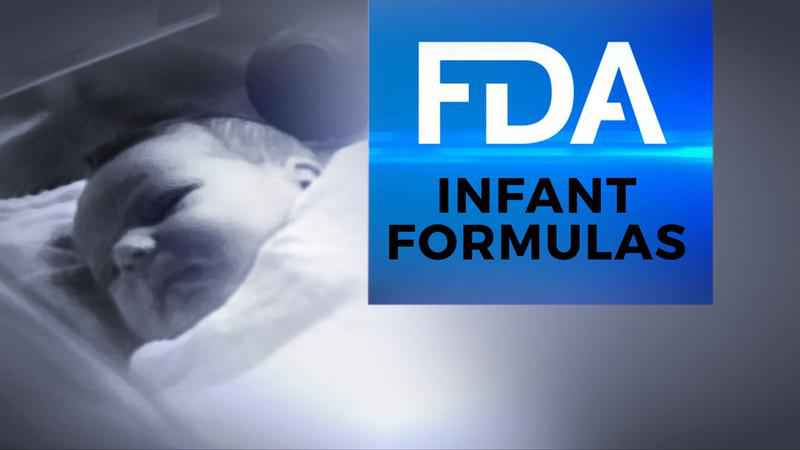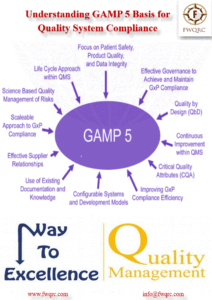The U.S. Food and Drug Administration (FDA) is providing an update on actions the agency has taken, and those underway, to strengthen the safety and resiliency of the supply of nutritious infant formula. The update includes release of a progress report specific to actions the agency has taken to meet the recommendations in the FDA’s Evaluation of the Infant Formula Response. The update highlights notable actions, including:
- Hiring and providing specialized training to personnel dedicated to the oversight of critical foods, including infant formula. This includes setting up a dedicated critical foods inspectional cadre and establishing a new Office of Critical Foods. Both actions arm the FDA with resources and expertise that are focused solely on critical foods, and which facilitate enhanced oversight of these commodities.
- Updating and improving the FDA’s infant formula compliance program, which outlines the agency’s inspectional and compliance approach to infant formula, to help ensure that infant formula products in the U.S. food supply are safe and nutritious.
- Supporting the Council of State and Territorial Epidemiologists (CSTE) position on elevating Cronobacter to a nationally notifiable disease, which was a critical step toward better understanding how these illnesses occur, spread, who is most at risk, and most importantly, what we can do to prevent Cronobacter-related illnesses.
- Increasing the diversity of infant formula available in the U.S., especially through the FDA’s transition plan for firms that had previously received a letter of enforcement discretion.
- Continuing to build on the FDA’s Strategy to Help Prevent Cronobacter sakazakii Illnesses Associated with Consumption of Powdered Infant Formula, which aims to broaden scientific knowledge, improve oversight, and enhance communications and engagement with industry consumers and other stakeholders.
- Updating and streamlining infant formula related materials on FDA.gov to provide consumers, industry, and medical professionals with more accessible information, including materials on:
- Infant Formula, and
- Cronobacter sakazakii
- A new resource on handling infant formula safely in both English and Spanish.
- Issuing warning letters to infant formula manufacturers as part of the agency’s ongoing commitment to enhance regulatory oversight to help ensure that manufacturers are producing infant formula under the safest conditions possible




